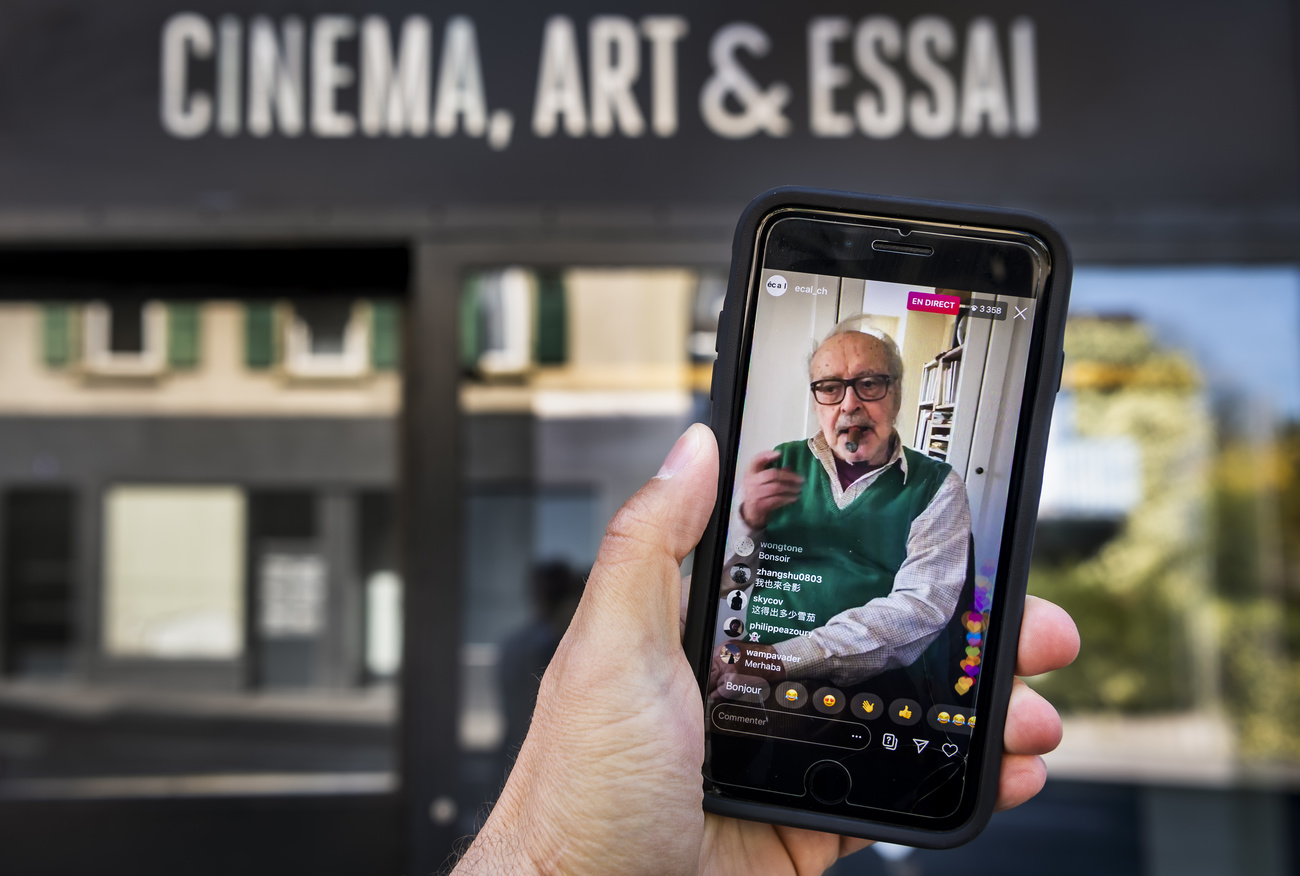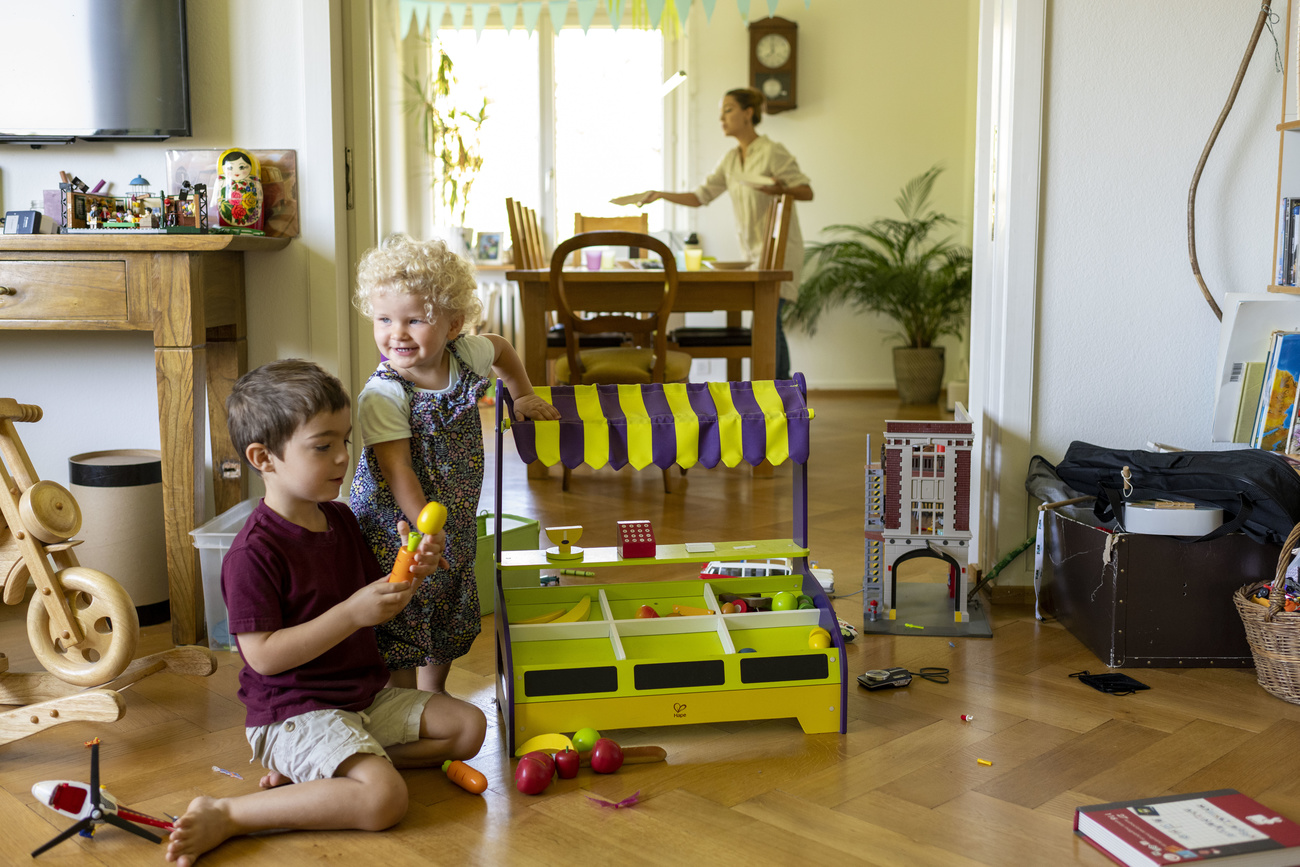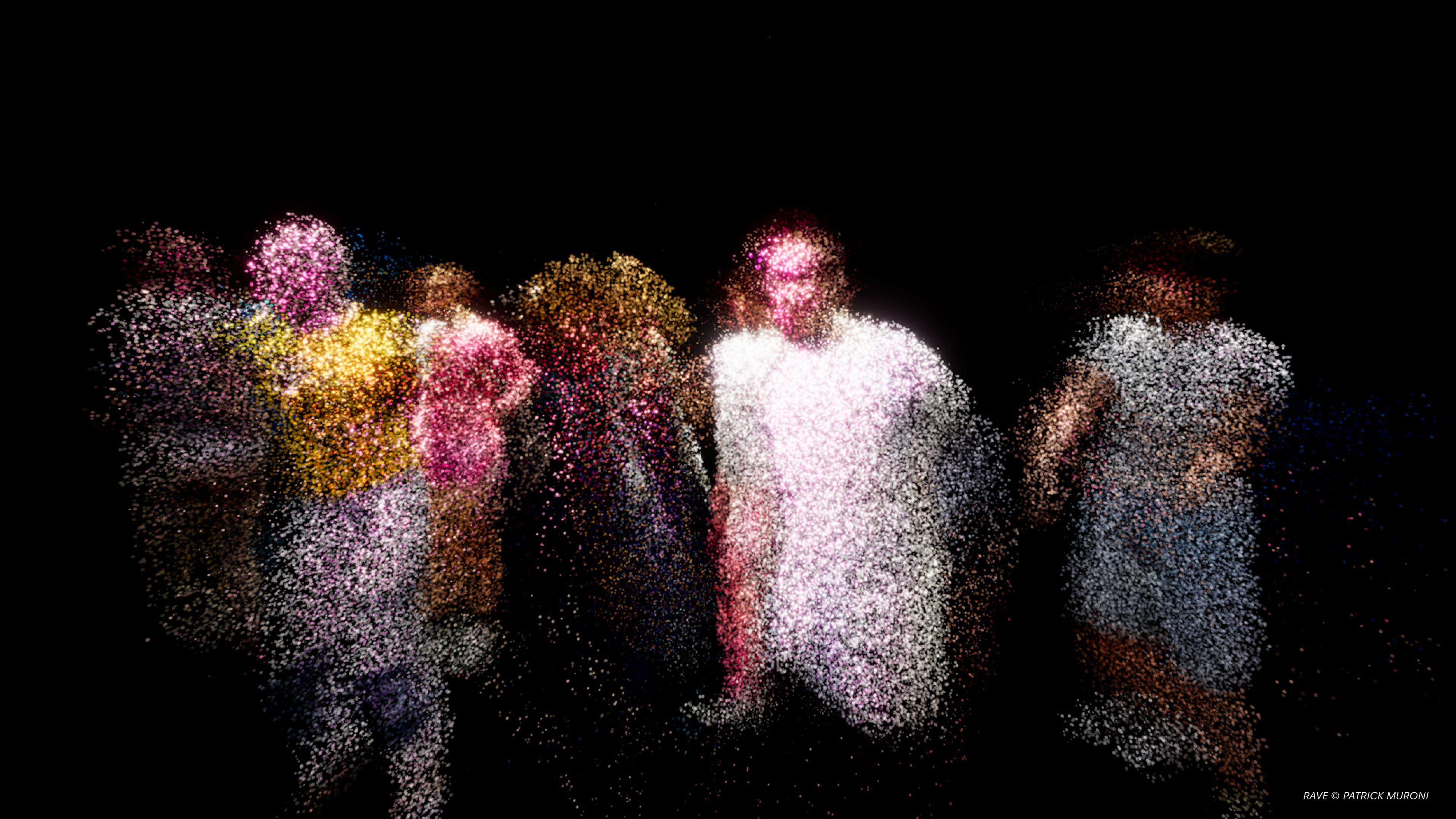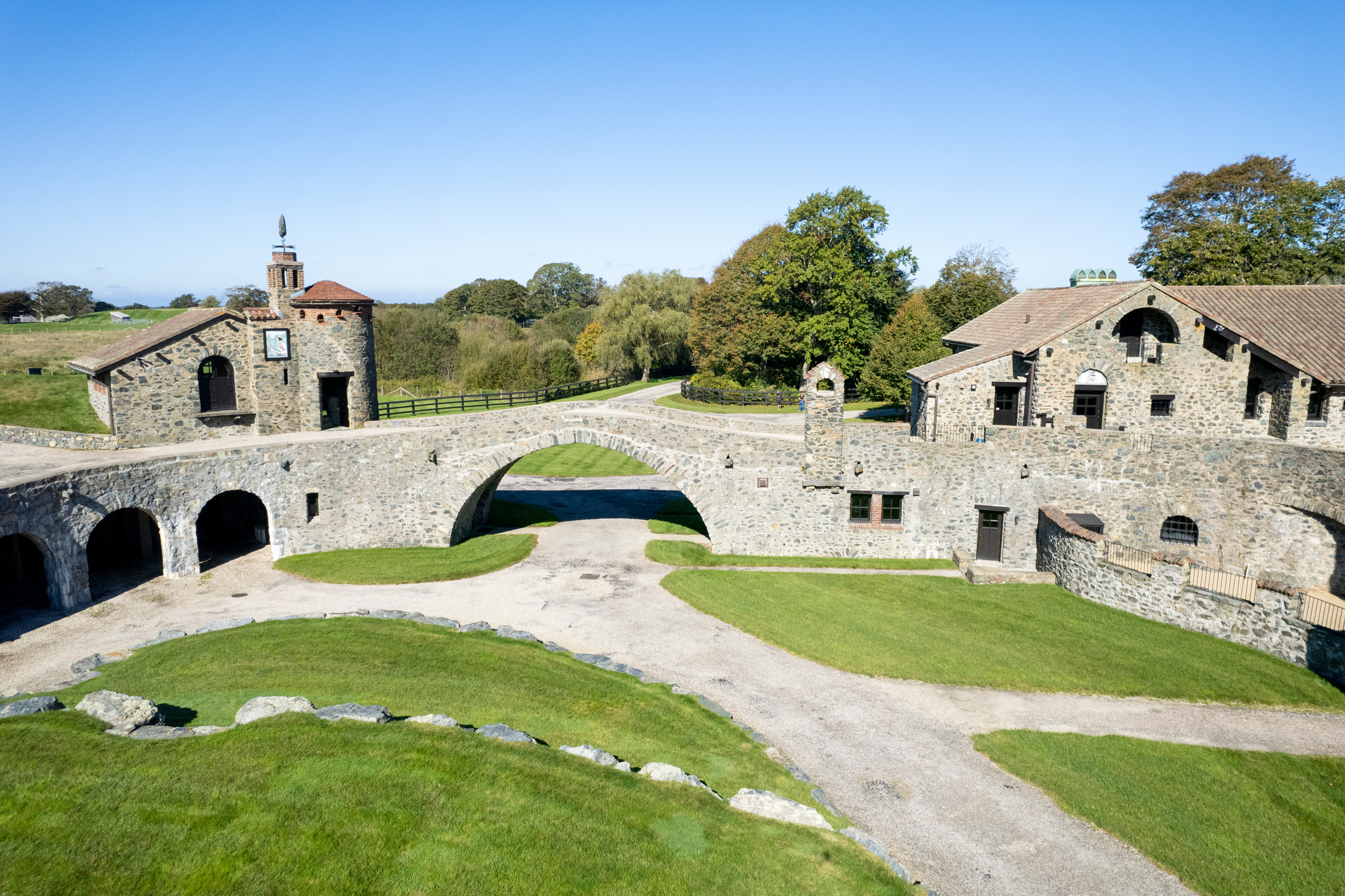

Switzerland Today
Hello from Bern,
Film fans around the world bid adieu to one of the most revered film directors. Swiss-French film director Jean-Luc Godard died peacefully near Lake Geneva at 91 years old today. Tributes poured in within minutes from film critics, political leaders, actors, and film fans.
He was the “icon of New Wave cinema” wrote the Tages-Anzeiger, the “father of modern cinema” wrote Rolling Stone, and “a genius who tore up the rule book” said the Guardian.

In the News: Green cars, slow politics, and a stranded plane.
- Switzerland’s largest car importer, AMAG, plans to sell purely electric powered vehicles from 2040 and is diversifying into solar systems and heat pumps. Today it announced that it will acquire Swiss photovoltaic pioneer Helion to help its conversion to a renewable energy business. Earlier this year, Swiss car-sharing company Mobility said it will electrify its 3,000 strong fleet of vehicles and build a network of plug-in charging points around the country.
- After another round of talks last week, Switzerland’s top negotiator with the EU, Livia Leu, said that Switzerland wants to move forward with negotiations but complained that the EU continues to push back the timetable. “Unfortunately, the EU is not in a hurry and has delayed the deadline several times. That is probably part of the strategy. The EU is trying to apply pressure,” Leu told the NZZ today.
- The Eritrean government has taken control of a vocational education centre that was run by an Italian Catholic order and sponsored by Swiss development funds. Swiss public broadcaster SRF reportsExternal link that the facility was nationalised as part of a drive in the East African country to create a purely secular educational system. Switzerland had supported the project with CHF1.3 million ($1.36 million) in development aid.
- The PlanetSolar catamaran, renamed Porrima, remains stranded on a beach south of Mumbai in India after heading off from France in 2017. It was the first boat to complete a solar-powered round-the-world voyage in 2012. The news was first reported last month by the French-language news site 24heures after a YouTube video of the solar catamaran with a Swiss flag emerged. The video, which shows locals visiting the interior of the boat, has 1.3 million views.

The government gets a lesson in fake news
It started with a few lines in a story in the Swiss tabloid news Blick on September 6. It reads: “In an emergency, the rule is to heat less. And energy rule-breakers should be afraid. Violations of the gas ordinance can result in prison sentences and fines.”
The thought of being fined or going to jail for heating your home above 19°C sent shivers down the spine of many of our readers including Danny who asked us whether there was any truth to this. My colleague and fact-checker extraordinaire, Geraldine Wong Sak Hoi, looked into the matter and found that the Swiss government isn’t fining or jailing people because there is currently no gas shortage or restrictions on heating. However, a proposal to fine people isn’t out of the question. There is a plan under discussion to fine people, although the whole idea was passed off as very difficult to enforce.
That isn’t the end of the story though. A few days ago, a fake Swiss government poster began circulating on social networks asking people to snitch on their neighbour if they are heating their home over 19 degrees. It includes the official telephone number of the Swiss Federal Office of Energy, with a promise of a CHF200 reward.
A photo of the poster has been retweeted several thousand times and according to reports like this oneExternal link, it was retweeted by Russian state-affiliated media. Could this be propaganda about fear-mongering over rising gas prices? Emanuela Tonasso, a spokeswoman for the Federal Department of the Environment and Energy, told the Le Temps newspaper that the poster is fake and they plan to investigate who created it and why. To be continued.

Egg donation gets the green light
If you look at a map of Europe, you’ll see that there are only four countries that don’t allow egg donation and Switzerland is one of them. The other three are Germany, Bosnia and Herzegovina, and Turkey.
After today’s vote in Parliament, Switzerland is looking less like an exception. Both chambers voted in favour of allowing egg donation in the country, despite the government’s rejection.
The reason came down to equalityExternal link, explains Swiss public television SRF. “Married couples where the cause of infertility lies with the woman would be put on an equal footing with couples where the cause of infertility lies with the man,” writes SRF.
According to a report in the Tages-Anzeiger, around 500 Swiss couplesExternal link travel abroad every year to fulfill their wish to have children with egg cell donation. Clinics in Spain, Portugal, Denmark, Finland and the Czech Republic are all popular.
Egg donation is more invasive than sperm donation, but parliament didn’t see that as enough of a reason to ban it altogether. A key issue facing many countries with egg or sperm donation is anonymity. Switzerland banned anonymous sperm donations in 2001.
More

In compliance with the JTI standards
More: SWI swissinfo.ch certified by the Journalism Trust Initiative


























